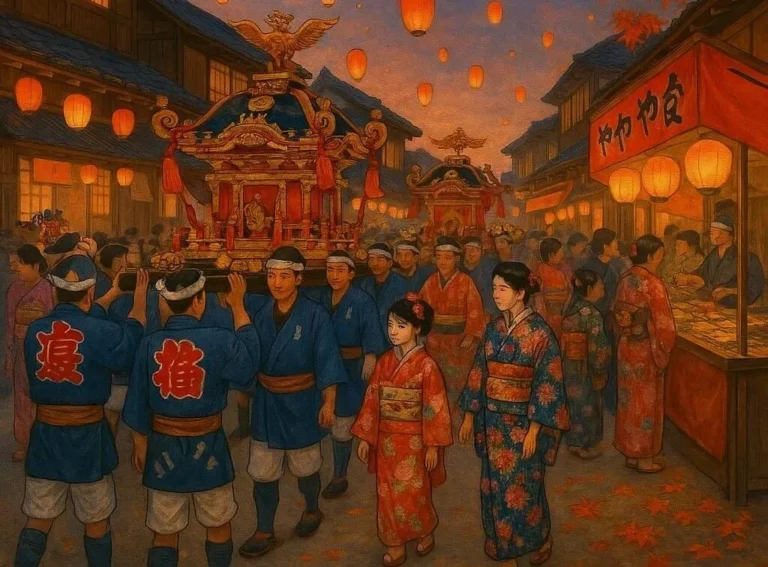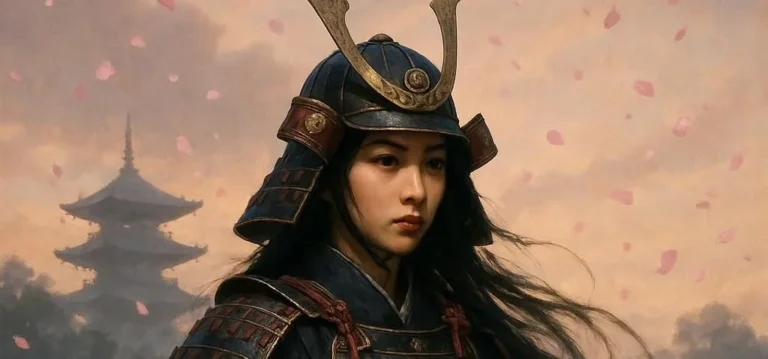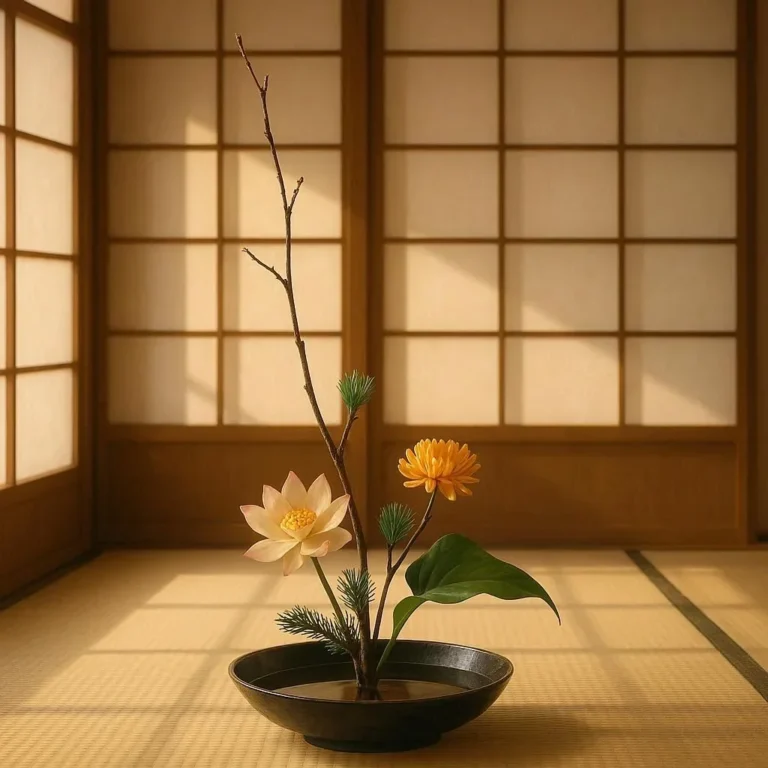504 views The History of Onsen: Hot Springs and Relaxation Culture
Introduction
Japan is renowned for its vibrant culture, rich history, and unique customs. Among these, the tradition of onsen, or hot springs, stands out as a significant part of Japanese heritage. Onsen have been a cornerstone of Japanese relaxation and wellness for centuries, offering not just a place to bathe but a deeply rooted cultural experience. This blog post delves into the history of onsen, their evolution over time, and their role in Japanese society today.
What Are Onsen?
Onsen are natural hot springs that emerge from the earth’s crust, typically heated by geothermal activity. Japan, being situated on the Pacific Ring of Fire, is home to numerous active volcanoes, which contribute to the abundance of onsen throughout the country. The water from these springs often contains minerals such as sulfur, calcium, and magnesium, which are believed to have therapeutic properties, making onsen not only a place for relaxation but also for healing.
The Origins of Onsen Culture
The history of onsen dates back thousands of years. Archaeological evidence suggests that people in Japan were utilizing hot springs for bathing and ritualistic purposes as early as the Jomon period (14,000–300 BCE). During this time, onsen were likely considered sacred, with beliefs that the warm waters had spiritual powers. These early onsen were simple natural pools where people could immerse themselves in the warm, mineral-rich water.
The Heian Period (794–1185 CE) saw onsen gaining prominence as places of relaxation and social interaction. The aristocracy often visited onsen to unwind and enjoy the natural beauty of the surroundings. This period marked the beginning of onsen being recognized not just as a practical means of bathing but also as a luxury and a status symbol.
Onsen During the Edo Period (1603–1868)
The Edo period is often referred to as the ‘Golden Age’ of onsen. During this time, onsen became more accessible to the general population, as travel and transportation improved. The construction of ryokans, traditional Japanese inns, near onsen sites further popularized these natural springs. Ryokans offered a place for travelers to stay and enjoy the onsen, creating a sense of community and relaxation.
It was also during this period that onsen etiquette began to formalize. Rules about cleanliness, proper behavior, and respect for others were established, ensuring that onsen remained a pleasant and safe environment for all visitors. The practice of washing before entering the bath, for instance, became a standard part of onsen etiquette, emphasizing hygiene and consideration for others.
The Role of Onsen in Japanese Society
Onsen have always played a significant role in Japanese society, extending beyond mere recreational activities. They have served as places for socializing, conducting business, and even for religious ceremonies. Many onsen are located near temples and shrines, reflecting their historical connection to Shinto and Buddhist practices.
In addition to their social and spiritual importance, onsen have also been valued for their health benefits. The mineral-rich waters are believed to alleviate various ailments, from skin conditions to muscle aches. This perception persists today, with many people visiting onsen for their therapeutic properties.
Modern Onsen Culture
In modern times, onsen have evolved to cater to a wider range of preferences and lifestyles. While traditional onsen remain popular, contemporary versions offer additional amenities, such as saunas, massages, and even themed baths. Some onsen resorts have incorporated modern architectural designs, blending traditional elements with contemporary comforts.
Despite these changes, the essence of onsen remains unchanged. They continue to be places where people can escape the stresses of daily life, connect with nature, and experience a deep sense of relaxation. The emphasis on mindfulness and being present in the moment aligns with the principles of Japanese culture, making onsen a timeless and ever-relevant part of Japanese heritage.
Conclusion
The history of onsen is a testament to Japan’s rich cultural tapestry. From their origins as sacred, natural springs to their modern-day popularity as centers of relaxation and wellness, onsen have played a pivotal role in shaping Japanese society. Whether you are looking to immerse yourself in history, seek healing, or simply unwind, onsen offer a unique and enriching experience that embodies the spirit of Japan.






